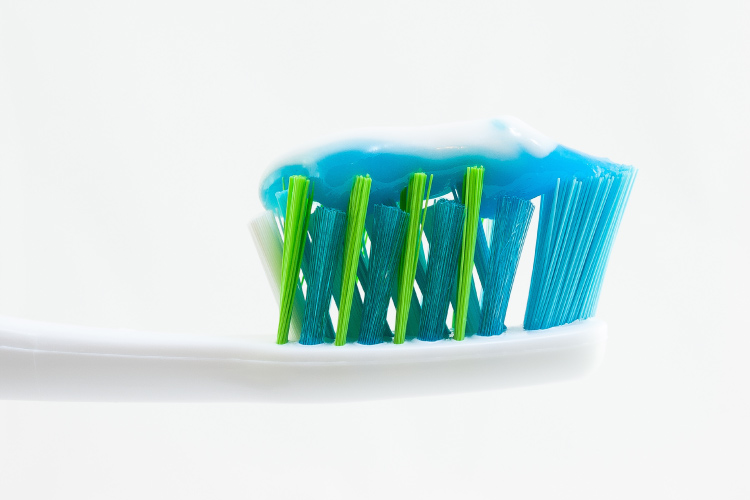
At Farmington Dental and Orthodontics, we strive to educate our patients on how to best care for their teeth. For example, we encourage our patients to follow a good at-home oral hygiene routine of brushing teeth twice daily for two minutes each time and flossing every day. However, it is important to take note of how your teeth feel while you are brushing.
Finding the Right Toothpaste for Your Smile
Those with sensitive skin, teeth, and gums may need to try out multiple types of toothpaste until they find one that reduces the occurrence of cavities and keeps their mouth feeling and smelling fresh, all while not leaving a slimy film on their lips from irritation. Some patients’ mouths react negatively to the ingredients in certain toothpastes, or they need an anti-sensitivity toothpaste to combat sensitive teeth. Keep an eye out for the following signals that you should make a switch to a different kind of toothpaste!
Temperature Sensitivity
Temperature sensitivity is an early warning sign that you may have damaged enamel. When enamel is damaged, it exposes the delicate root and nerve endings inside your teeth that may feel a stinging, painful sensation when exposed to an extremely hot or cold food or drink. Switching to a toothpaste designed for sensitive teeth can help alleviate this condition.
Swollen or Bleeding Gums
If your gums feel tender or frequently bleed while you brush your teeth, this may indicate that your gums are irritated. While the most common culprit behind irritated gums is a buildup of bacteria or brushing that is too vigorous, it can also be related to an allergic reaction to an ingredient in your toothpaste. This is especially likely if you have soreness on the inside of your cheeks, a painful tongue, a rash around your mouth, or peeling lips.
Chapped Lips
A severe form of chapped and inflamed lips, known as cheilitis, is also a sign that you may be allergic to your toothpaste. Toothpastes contain a number of ingredients that you could be allergic to, from flavorings like spearmint and peppermint to additives, such as propylene glycol or sodium benzoate. Look closely at and compare the ingredient labels of various toothpastes, avoiding anything that you know or think you may be allergic to.
Ask Us for Recommendations!
Switching toothpastes is a simple fix that can work wonders for issues related to sensitive teeth or generalized oral tenderness from an allergy. The right type of toothpaste for you will depend on your specific dental needs, flavor preference, and how your mouth reacts to certain ingredients. To ask our friendly team for recommendations about which toothpaste we think you could try next, or to schedule a visit to our office, contact us today.
